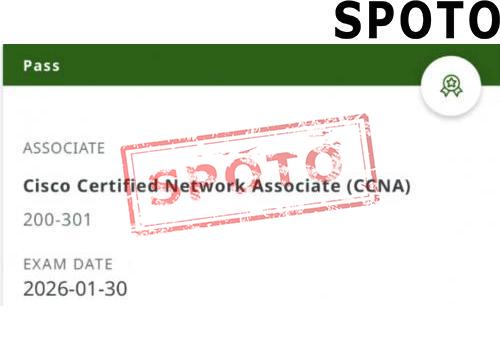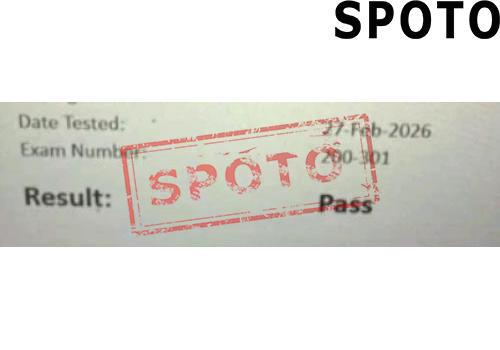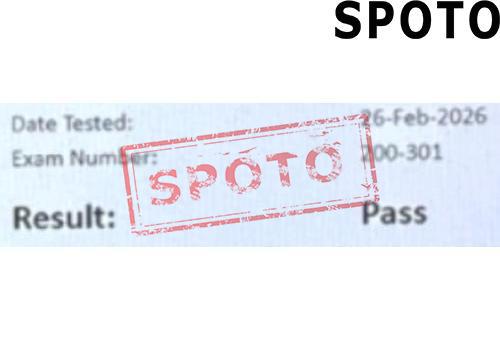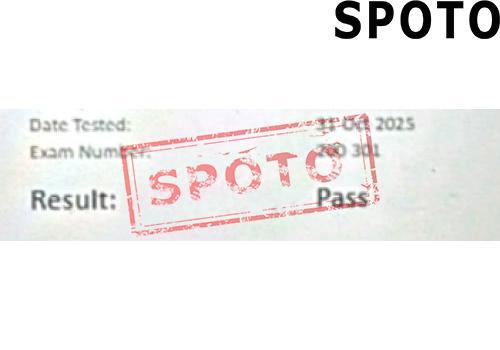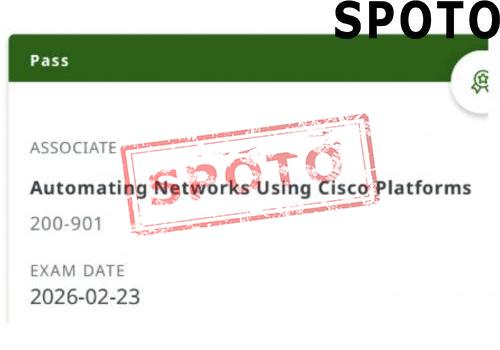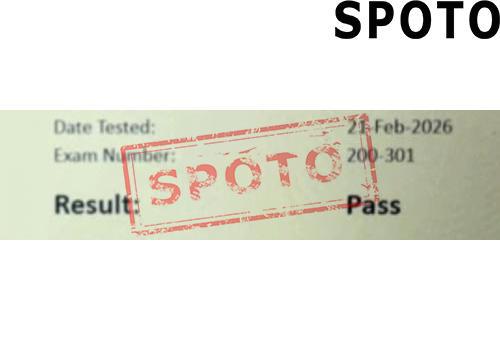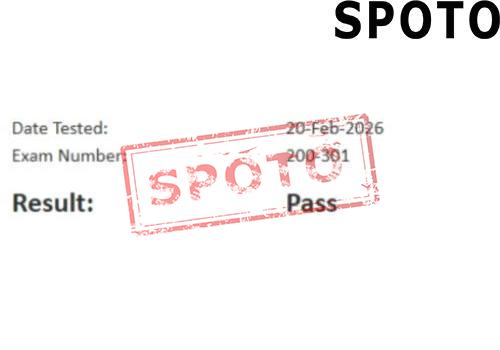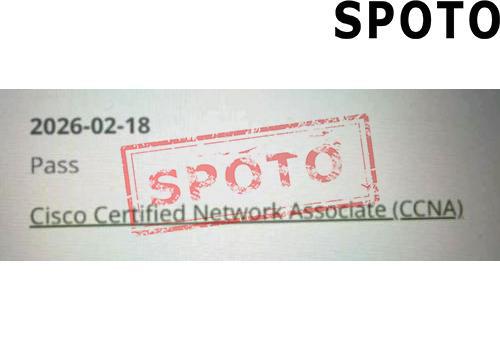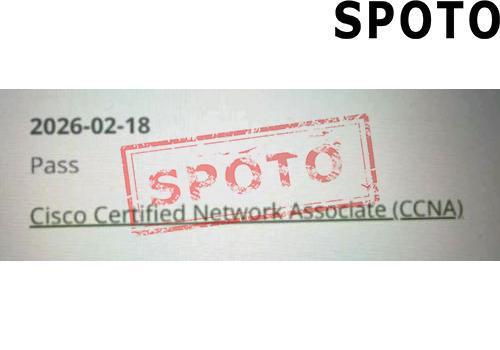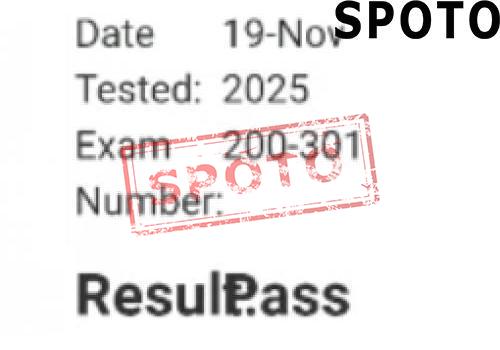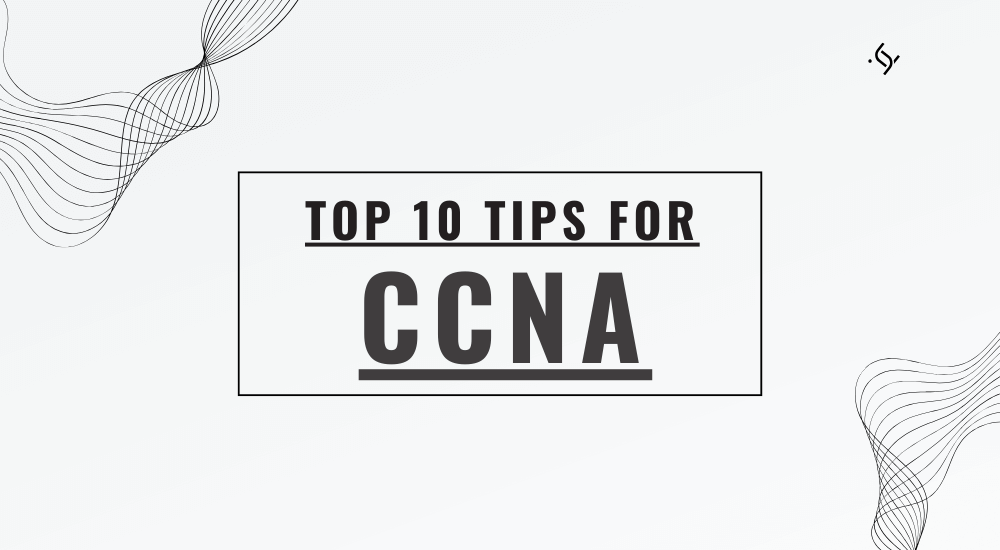
The Cisco Certified Network Associate (CCNA) certification is your gateway to a successful career in networking. However, passing this exam requires a blend of dedication, strategic planning, and practical skills. Here are the top 10 tips to help you ace the CCNA exam on your first attempt:
1. Understand the CCNA Exam Blueprint
Cisco provides an official exam outline that lists all topics covered in the CCNA. Familiarize yourself with this blueprint to ensure your preparation is comprehensive. Focus on areas such as:
- Networking fundamentals.
- IP connectivity and services.
- Security fundamentals.
- Automation and programmability.
Knowing what's expected helps you prioritize your studies effectively.
2. Set a Realistic Study Plan
Create a study schedule to divide your preparation into manageable chunks. Allocate specific days or weeks for each topic, balancing theoretical learning and hands-on practice. A consistent study plan will prevent last-minute cramming and reduce stress.
3. Master Networking Basics
Solidify your understanding of networking fundamentals, including:
- OSI and TCP/IP models.
- IP addressing and subnetting.
- Switching and routing concepts.
These topics form the backbone of the CCNA exam, so ensure you grasp them thoroughly before moving on to advanced areas.
4. Invest in Quality Study Materials
Reliable resources can significantly enhance your preparation. Consider using:
- Cisco Press Books: Official study guides tailored to CCNA content.
- Video Courses: Platforms like CBT Nuggets, Udemy, or Pluralsight.
- Practice Labs: Tools like Cisco Packet Tracer or GNS3 for hands-on experience.
Combining multiple resources will give you a well-rounded understanding of the material.
5. Focus on Hands-On Practice
CCNA isn't just about theory—it emphasizes practical skills. Regularly practice configurations and troubleshooting using lab simulators or physical equipment. Key areas to focus on include:
- Configuring VLANs and inter-VLAN routing.
- Setting up basic OSPF and EIGRP networks.
- Implementing NAT and ACLs.
Practical experience not only reinforces theoretical concepts but also builds confidence for real-world scenarios.
6. Take Practice Exams Regularly
Mock exams are crucial for assessing your progress and identifying weak spots. Use platforms like SPOTO to take practice tests. Aim for a score of 85% or higher consistently before attempting the actual exam.
7. Join Online Communities and Forums
Networking with fellow candidates can provide additional insights and support. Engage in discussions on platforms like:
- Reddit's r/ccna: Share tips and troubleshoot issues.
- Cisco Learning Network: Access resources and expert advice.
- Facebook/LinkedIn Groups: Connect with other aspirants for motivation and guidance.
Collaboration often uncovers unique strategies that can aid your preparation.
8. Tackle Subnetting with Confidence
Subnetting is one of the most challenging yet critical topics in CCNA. To master it:
- Practice subnetting problems daily.
- Use online subnetting calculators initially, then transition to manual calculations.
- Learn shortcuts like the power-of-2 method for quicker answers during the exam.
9. Stay Consistent and Avoid Burnout
Consistency beats intensity when preparing for CCNA. Study for shorter, focused sessions rather than long, unproductive marathons. Take breaks, exercise, and maintain a healthy routine to stay energized and focused.
10. Develop Exam-Day Strategies
During the actual exam:
- Read questions carefully to avoid misinterpretation.
- Manage your time wisely, allocating enough for each section.
- Tackle easier questions first to build confidence before addressing complex ones.
Arrive well-rested and confident, knowing you've done the preparation.
Final Thoughts
Passing the CCNA exam requires a blend of strategic planning, hands-on practice, and consistent effort. By following these tips, you can confidently approach the exam and achieve your certification. Remember, the journey doesn't end with CCNA—it's the beginning of an exciting career in networking!
